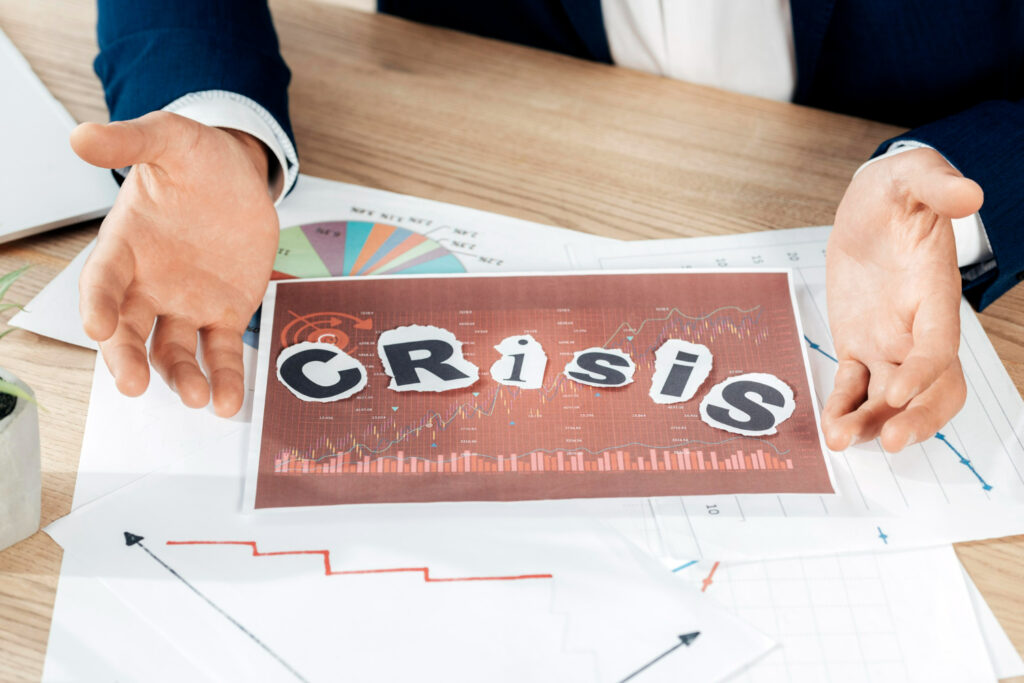Crisis communication is an integral part of corporate communications that can make or break a small business. In an age where social media can amplify negative incidents within seconds, effective crisis management is crucial for maintaining a company’s reputation and ensuring long-term survival. Small businesses may not have the extensive resources of larger corporations, but they can adopt strategies that not only mitigate damage during a crisis but also strengthen their relationships with customers.
One of the most illustrative examples of crisis communication in action is the case of Chipotle Mexican Grill. In 2015, the popular fast-casual chain faced a significant crisis due to several outbreaks of E. coli and norovirus linked to its restaurants. The response to this crisis was crucial in shaping public perception. Initially criticized for its handling of the situation, Chipotle eventually implemented a series of measures to regain customer trust, including closing all locations for a day to conduct food safety training.
For small businesses, the Chipotle incident underscores the importance of having a well-prepared crisis communication plan. While it may be tempting to dismiss the need for such a plan when business is going smoothly, proactive preparation is key. Small businesses should establish clear protocols for communication during a crisis, including designated spokespeople and key messaging. A local restaurant, for instance, might designate its owner as the spokesperson during a crisis and prepare a template for social media updates, ensuring a swift and consistent response.
In addition to preparation, transparency is vital during a crisis. Consumers appreciate honesty and forthrightness, especially in challenging situations. When Kylie Cosmetics faced backlash over a quality control issue with its lip kits, founder Kylie Jenner took to social media to address the concerns directly. By acknowledging the problem and outlining steps to rectify it, Kylie Cosmetics was able to mitigate the backlash and reassure customers. Small businesses can learn from this approach by communicating openly with their audience about any issues they encounter, whether it’s a product recall or an operational disruption.
Moreover, engaging with customers during a crisis can help strengthen relationships. Instead of hiding from criticism, small businesses should embrace it as an opportunity to demonstrate their commitment to customer satisfaction. For example, a local gym that experiences a temporary closure due to renovations can use social media to communicate updates, share behind-the-scenes content, and offer virtual classes during the downtime. By keeping customers informed and involved, the gym can maintain engagement and loyalty, even during challenging times.
Another critical aspect of crisis communication is the follow-up. After addressing a crisis, small businesses must take steps to rebuild trust and demonstrate that they have learned from the experience. This could involve implementing new policies, providing additional training for staff, or investing in improved quality control measures. When Volkswagen faced the emissions scandal, the company took years to rebuild its reputation by committing to transparency and sustainability initiatives. While small businesses may not have the same scale, they can still adopt similar strategies on a more manageable level.
For instance, a small cafe that faced customer complaints about service quality can follow up by training staff and sharing updates with customers about the changes being made. This proactive approach not only addresses the immediate concerns but also shows customers that their feedback is valued and taken seriously.
In conclusion, crisis communication is an essential component of corporate communications for small businesses. By preparing in advance, being transparent, engaging with customers, and following up effectively, small businesses can navigate crises more successfully and emerge stronger. In a world where crises can arise unexpectedly, the ability to communicate effectively can be the difference between recovery and decline. Small businesses that prioritize crisis communication are not only protecting their reputation but also fostering resilience and loyalty among their customers.

More PR Insights
Corporate Communications in the Age of Transparency: A Double-Edged Sword
The Power of Transparent Communication in Corporate Culture
Power of Authentic Storytelling in Consumer PR